Scope of hematology
In this article, we will discuss the scope of hematology, covering key aspects, advancements, and its significance in the realm of healthcare.
Hematology is a branch of medicine that focuses on the study of blood, blood-forming tissues, and blood-related disorders ranging from anemia to blood cancer. This field plays a crucial role in the diagnosis, treatment, and management of various conditions affecting the blood and its components.
Because blood runs through every organ and tissue in the body, hematology has an enormous ripple effect extending to all fields of medicine. Modern advances made by hematologists have helped millions of people around the world, not only with blood disorders but also with heart disease, stroke, and scores of inherited diseases.
In the last 50 years alone, substantial strides have been made in the research, treatment, and prevention of blood diseases e.g. Cure of Childhood Acute Lymphoblastic Leukemia (ALL), Targeted Therapy (“smart” drugs) for Chronic Myelogenous Leukemia (CML), Targeted Therapy for Acute Promyelocytic Leukemia (APL), Improved Survival in Acute Myeloid Leukemia (AML), Cure of Hodgkin Lymphoma, Immunotherapy for Non-Hodgkin Lymphoma, Improved Therapy and Survival in Multiple Myeloma, Development of Effective Treatments for Blood Clots, Development of Clotting Factor Concentrates for Hemophilia Therapy, Improved Transfusion Therapy Through Screening for Infectious Agents, Effective Prenatal Diagnosis of Abnormal Hemoglobins, Development of Diagnostic Techniques to Prevent Stroke in Sickle Cell Disease, Development of Successful Hematopoietic Stem Cell Transplantation, Cloning of Erythropoietin and Development of Recombinant Epo Clinical Use, and Immunotherapy for Aplastic Anemia.
Understanding Hematopoiesis:
Hematopoiesis, the process of blood cell formation, takes place in the bone marrow. The stem cells that reside in the bone marrow differentiate into various blood cell types, including erythrocytes, leukocytes, and platelets.
Red Blood Cells and Anemias:
An in-depth exploration of red blood cells (RBCs) and their role in oxygen transport. Common anemias, such as iron-deficiency anemia and hemolytic anemias, will be discussed in the relevant sections on our website askhematogist.com along with diagnostic approaches and therapeutic interventions.
Leukocytes and Blood Disorders:
A comprehensive examination of leukocytes and their role in the immune system. This section will be discussed throughout our website askhematologist.com covering various types of leukemias, lymphomas, and myelomas, discussing the latest advancements in their diagnosis and treatment.
Platelets and Hemostasis:
An exploration of platelets and their crucial role in hemostasis. We will discuss in detail throughout our website askhematologist.com the bleeding disorders, such as hemophilia and thrombocytopenia, providing insights into diagnostic tools and therapeutic strategies.

Platelets are anucleate cells derived from megakaryocyte cytoplasm. Normal platelets are 1.5-3 microns in diameter and have pale blue cytoplasm. Platelets contain dense granules and alpha granules. The alpha granules are the fine purple granules that are visible on routine blood smears.
Advancements in Hematological Diagnostics:
We will also discuss throughout our website the latest technological advancements in hematological diagnostics, including flow cytometry, molecular testing, and next-generation sequencing. These tools have revolutionized the precision and speed of diagnosing hematological disorders.
Some of the diseases treated by hematologists include:
- Anemias e.g. iron deficiency anemia.
- Polycythemia or excess production of red blood cells.
- Myelofibrosis.
- Leukemia.
- Platelet and bleeding disorders such as hemophilia, idiopathic thrombocytopenic purpura, and Von Willebrand disease.
- The myelodysplastic syndromes.
- Hemoglobinopathies such as thalassemia and sickle cell disease.
- Multiple myeloma.
- Malignant lymphomas.
- Blood transfusion.
- Bone marrow and stem cell transplantation.
Conclusion:
Hematology stands at the forefront of medical disciplines, continually evolving to address the complexities of blood-related disorders. From hematopoiesis to cutting-edge diagnostics, I hope the scope of hematology article has provided a comprehensive overview of the vast scope of hematology, emphasizing its critical role in patient care and medical research.
References:
Advances in Hematology http://www.hematology.org/Patients/Basics/Advances.aspx
Choosing Hematology as a Medical Student http://www.hematology.org/Trainees/Choose-Hematology/
Palis, J. (2014). Hematopoiesis: a developmental perspective. The International Journal of Developmental Biology, 58(1-2), 101-103.
Cappellini, M. D., & Motta, I. (2015). Anemia in clinical practice—definition and classification: does hemoglobin change with aging?. Seminars in Hematology, 52(4), 261-269.
Swerdlow, S. H., Campo, E., Pileri, S. A., Harris, N. L., Stein, H., & Siebert, R. (2016). The 2016 revision of the World Health Organization classification of lymphoid neoplasms. Blood, 127(20), 2375-2390.
Hoffman, M., Monroe, D. M., Roberts, H. R., & Roberts, H. R. (2013). Activated factor VII activates factors IX and X on the surface of activated platelets: thoughts on the mechanism of action of high-dose activated factor VII. Blood Coagulation & Fibrinolysis, 24(5), 481-483.
Arber, D. A., Orazi, A., Hasserjian, R., Thiele, J., Borowitz, M. J., & Le Beau, M. M. (2016). The 2016 revision to the World Health Organization classification of myeloid neoplasms and acute leukemia. Blood, 127(20), 2391-2405.
Hematology. https://en.wikipedia.org/w/index.php?title=Hematology&oldid=1191089974
Teresa Scordino. ASH Image Bank | American Society of Hematology: https://imagebank.hematology.org/
White Blood Cell Count (WBC). https://www.rnceus.com/cbc/cbcwbc.html
Keywords:
scope of hematology, scope of hematologists, is hematology a good career, scope of hematology in the field of surgical, scope of hematology in anesthesia, what questions to ask a hematologist, what does a hematologist check for, what can a hematologist diagnose, reasons to visit a hematologist, questions to ask your hematologist, questions to ask hematologist oncologist, questions to ask hematologist law society, questions to ask hematologist about lymphoma, questions to ask hematologist, questions to ask a hematologist, ask hematologist online, Ask Hematologist, ask a hematologist online.
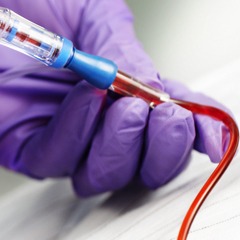

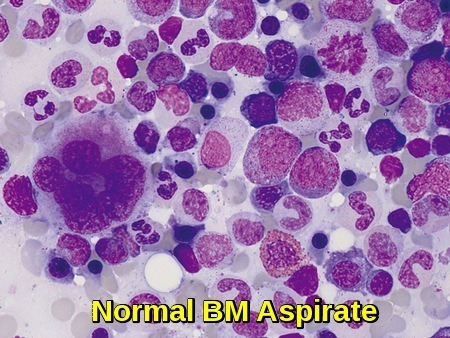


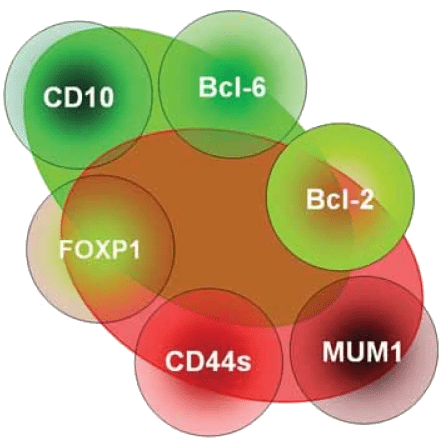
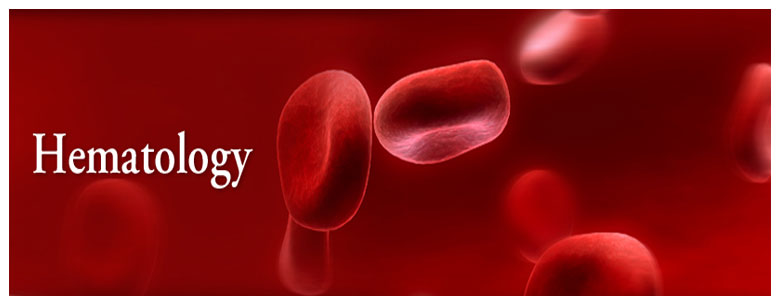
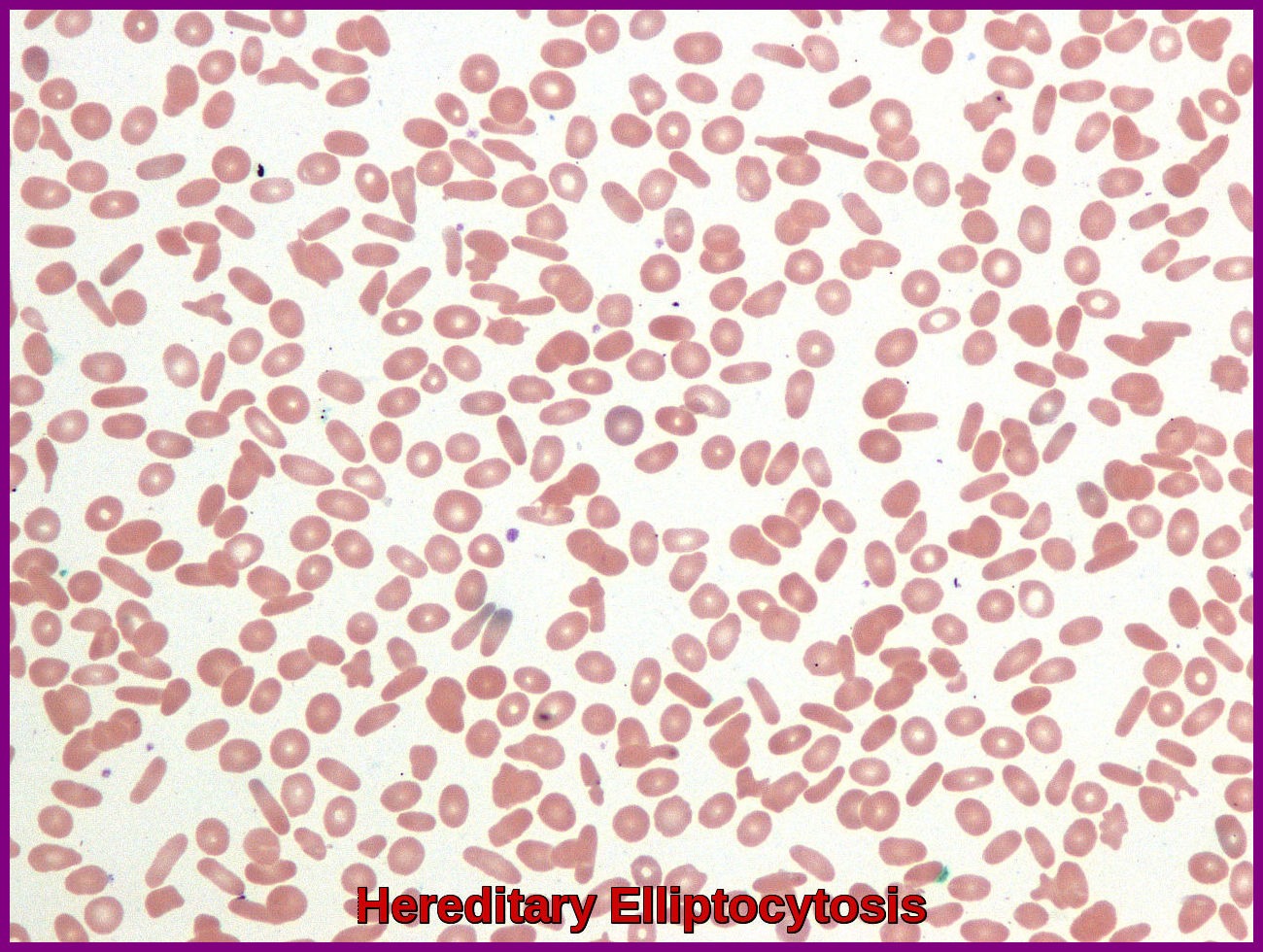

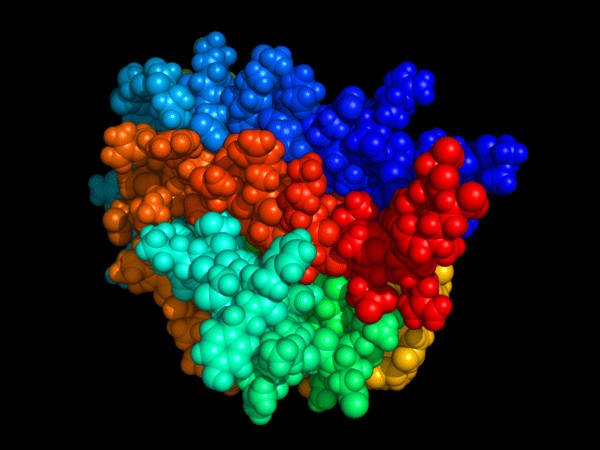


sir what is scope of this subject in Pakistan..what are the merits snd demerits of this subject..is this subject suitable for female..?kindly guide me
Hi Farrukh,
Thank you for your comment.
I’m not from Pakistan, so I couldn’t answer your question regarding the scope of Hematology there.
Generally speaking, Clinical Hematology is a branch of Internal Medicine, and you should study and specialize in Medicine before you sub-specialize in Hematology.
The Hematologist job is suitable for both males and females, it doesn’t matter.
BW,
Hello sir
Whats the scope of hematology in 10-15 years ..??
Hi Parash,
Thank you for the good question.
I do expect based on the recent advances in targeted therapy and the use of Tyrosine Kinase Inhibitors (TKIs) in leukemias and lymphomas that the role of chemotherapy will get less in the future. I do also expect that gene therapy will have more clinical implications. Gene therapy holds promise for treating a wide range of diseases, such as cancer, cystic fibrosis, heart disease, diabetes, hemophilia and AIDS.
BW,
Hello Sir.
what is scope of Hematology and especially oncolgy internationally after BS(HONS) .
Hi Hamza,
Thanks for your comment.
Hematology is the study of blood and the body tissues that make it.
A hematological cancer is one affecting the blood directly or the tissues that are responsible for making it.
These may include Acute or Chronic Leukemia, Lymphoma, Myeloma or other blood disorders.
Treatments may involve chemotherapy and or radiotherapy and patients may have treatment as in-patients or as an out-patient.
BW,